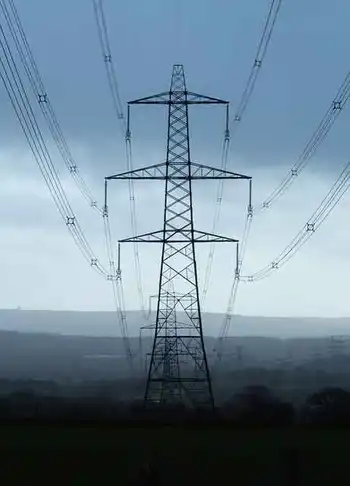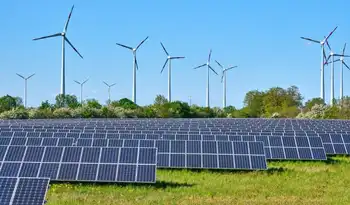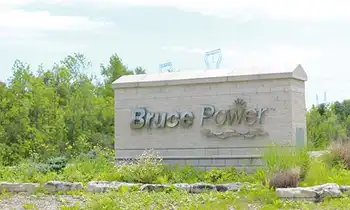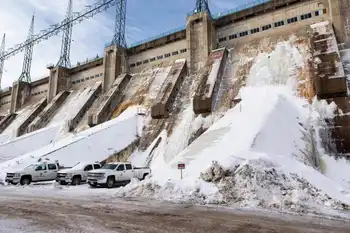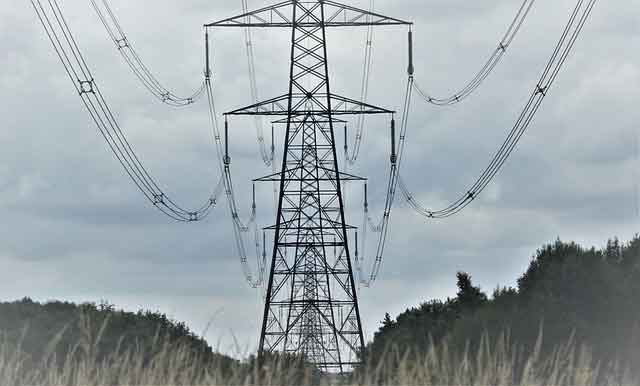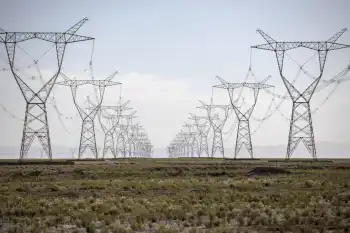When home energy upgrades fall short of expectations
By Toronto Star
CSA Z463 Electrical Maintenance
Our customized live online or in‑person group training can be delivered to your staff at your location.

- Live Online
- 6 hours Instructor-led
- Group Training Available
He's not happy. Far from it.
"It is costing more to heat our 2,400 square foot home now than before, when we had an electric furnace and an air-source heat pump," he says.
"We have the hydro bills to prove the higher usage."
While Harris did get a $7,000 rebate from the ecoEnergy home retrofit program, he feels he wasted his money.
Next winter, he plans to switch off his geofurnace and use old-fashioned technology – a log splitter and fireplace insert – to heat his home.
Ron Dembo, on the other hand, is happy with the geothermal unit he installed at his farm.
"The savings are substantial," says the founder of Zerofootprint, which develops carbon management software.
"These kind of cases are very unfortunate," he says about Harris's disappointing experience.
"Often, they are a result of improper sizing of the units and a lack of expertise on the part of the installers."
Harris contacted the manufacturer, NextEnergy, which sent the installer to check the system.
"The installer verified it was working perfectly. They would only say it is proven technology and they had no control over the cost of heating the house," he says.
Geothermal installations are expensive – typically $25,000 to $40,000 – because of the cost of drilling and burying pipes underground.
In contrast, you will pay about $7,000 to $10,000 to install solar panels on your roof to heat your water in all seasons.
So, how much will you save with solar hot water heating?
"The payback is eight to 12 years," says Rob McMonagle, a senior consultant with Toronto's energy efficiency office.
(He's referring to the net cost of the investment after government grants and loans.)
Toronto is running a pilot project in the Riverdale area to encourage homeowners to install solar panels.
"We're experimenting with interest-free loans that are longer than the payback of the product, say 10 years, so there's positive cash flow from the beginning."
To install solar water heating, your house must meet several requirements:
• The roof must face south, southwest or southeast and must be exposed to good sun and not in the shade of a big building.
• The basement or utility room has to accommodate a large solar tank along with a conventional tank for back-up heating.
Shading will be a big issue as solar water heating grows more popular.
"Canada... doesn't have ‘right to light’ legislation," says McMonagle. "There's no guarantee that someone won't put up a building and cut off your sun."
Only 20 Riverdale homes have taken up the city's offer.
"There's so much money at stake that not a lot of people want to be first on the block. They want to see their neighbours doing it first," McMonagle says.
The lesson for homeowners: Don't buy energy-saving equipment just because grants subsidize the cost. Ask how long it will take to pay back the investment, using different estimates of future energy costs, and get it in writing.





